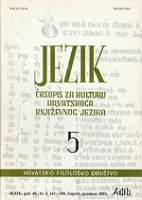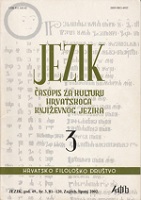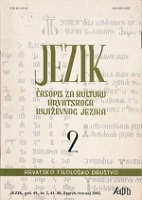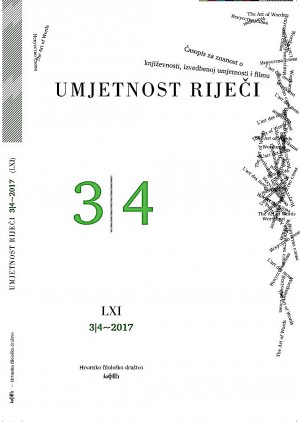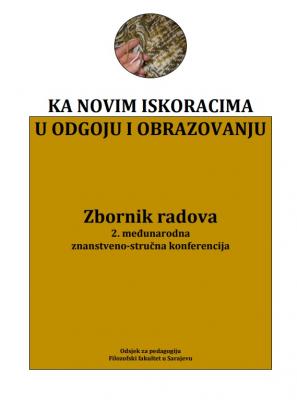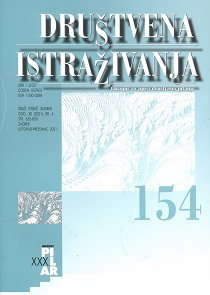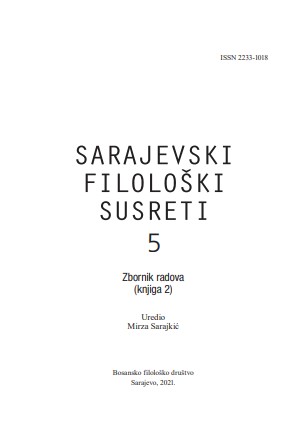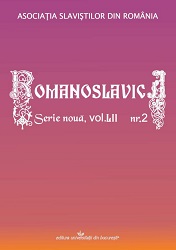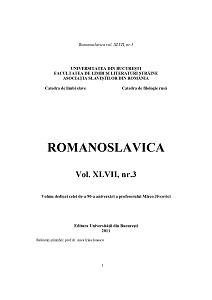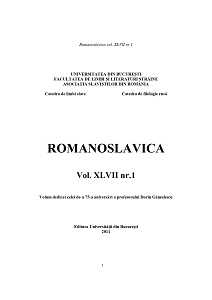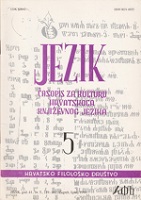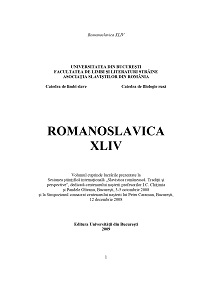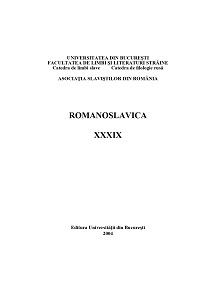Author(s): Octavia Nedelcu / Language(s): Romanian
Issue: 1/2009
La fin du siècle XX-e appartient certainement au postmodernisme, ses effects étant évidents tant dans l`art, la culture, que dans la vie quotidienne. Aucun mouvement artistique ou littéraire n’a pas attiré un intérêt si grand et n’a pas provoqué des controverses si nombreuses dans la théorie littéraire comme la litterature postmoderne, des controverses qui continuent même aujourd’hui. Tous ces motifs font presque impossible chaque essais à le deffinir, de l’attitude de négation absolue jusqu’à l’adoration infinie, une action compliquée aussi par une bibliographie immense. Parmi les problèmes théoriques débattus par les études culturelles dans le cadre du postmodernisme, la théorie féministe et le féminisme, occupent un lieu particulier. Ce mouvement qui connaît plusieurs variantes aux Étas Unis et en Grande Bretagne et qui combat, généralement, l’asimétrie des relations entre les sexes, le feminisme n’a pas encore pénétré das les societés patriarcales (particulièrement dans celles de l’espace ex-yougoslave) où il y a pour le moment une théorie critique féministe. Dans ce contexte-là on remarque pourtant l’affirmation des écrivains femmes, des tendances d’introduire une nouvelle vision dans la littérature croate, à la fin du siècle XX-e et le debut du siècle XXI-e, par la prisme de l’expérience, de la sensibilité, de l’imagination et la perception du monde par des femmes. Il s’agit des écrivains comme Irena Vrkljan, Vesna Krmpotić et Dubravka Ugrešić qui cultivent des formes littéraires libres aux éléments ludiques d’improvisation, des combinaisons hybrides qui deviennent légitimes par la pratique des collages, des parodies et des pastiches intertextuelles. Dès le début Dubravka Ugrešić a été considérée commme une des plus originales voix de la littérature contemporaine des pays de l’Europe centrale et de l’Est. Sa plume rappelle au lecteur contemporain les vertus de la littérature, son oeuvre est un bijou de finesse et d’humour, un magnifique tribut à la republique des lettres, dont elle revendique la fière citoyenneté. Le livre qui a propulsé ce théoricien de l’avangardisme russe, Dubravka Ugrešić, parmi les écrivains postmodernes croates à la fin du siècle XX-e est le mini roman Štefica Cvek u raljama života/ Štefica Cvek dans la gueule de la vie, un model narratif postmoderne où l’auteur parodie les stéréotipies culturelles. La banalité est indestructible, pareille à une bouteille de plastique disait Danilo Kiš, la banalité et le kitch sont éternels et indestructibles, considère Dubravka Ugrešić. Grâce à la dimension humoristique de la parodie ludique, Dubravka Ugrešić réussit, entre le féminisme et le postmoderne, d’extraire de la trivialité, des histoires d’amour qui sont des archétypes, des contes de fées de la postmodernité.
More...
